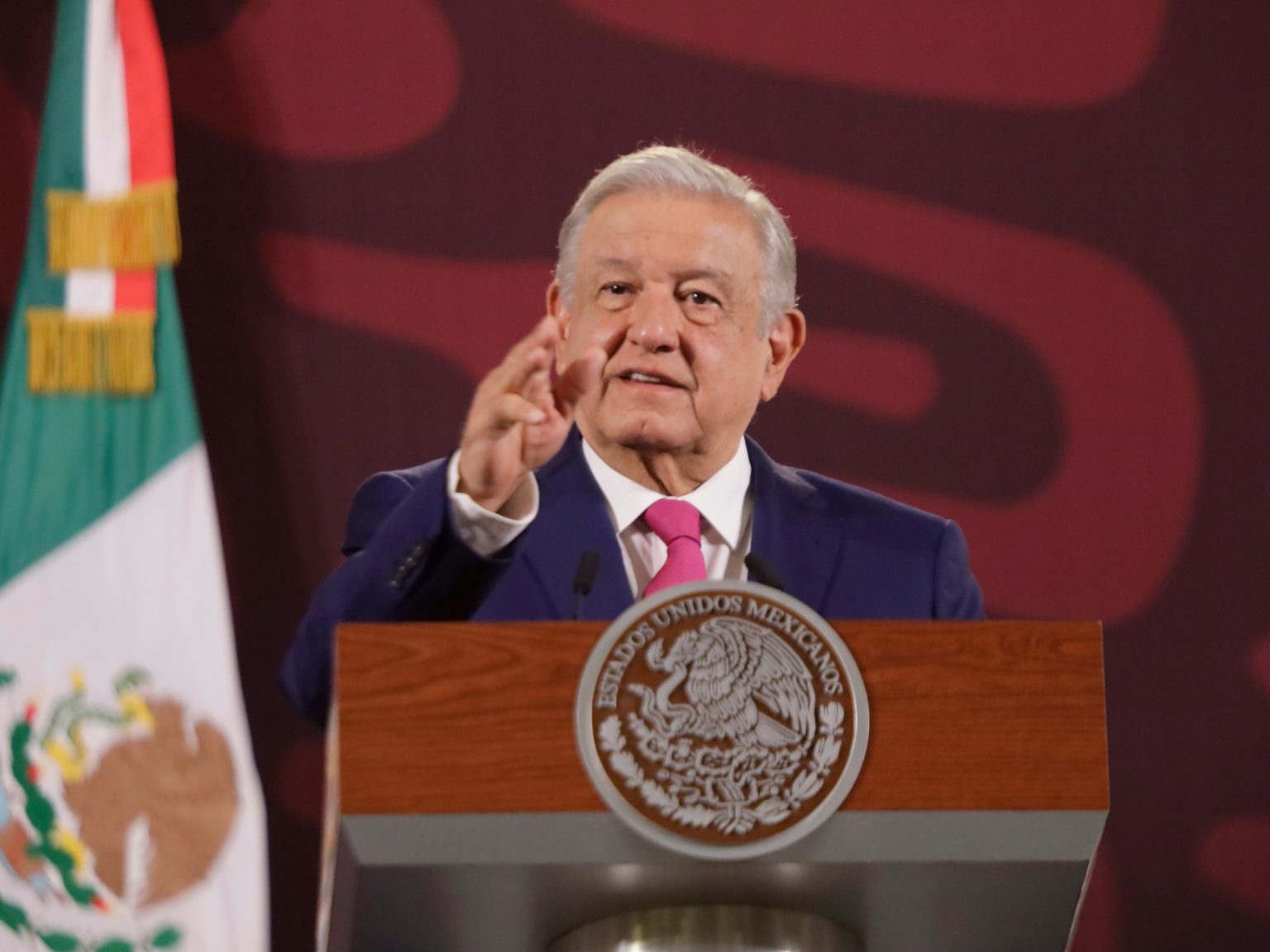Mexican President Andres Manuel Lopez Obrador, also known as AMLO, has faced criticism from the United States over his proposed judicial overhaul, which includes putting judges up for election. US Ambassador to Mexico Ken Salazar warned that the changes could threaten the historic commercial relationship between the two countries. Lopez Obrador responded by calling the criticism disrespectful and a violation of Mexico’s sovereignty. He stated that he hopes such comments will not happen again and announced that a diplomatic note would be sent to address the US interference in domestic affairs.
Lopez Obrador has long been at odds with Mexico’s judicial branch, which he has accused of being part of a mafia that opposes him. His proposed judicial overhaul aims to clean up corruption in the courts by allowing the executive, legislative, and judicial branches to nominate judges, who would then be vetted and put to a popular vote. The plan has not yet been approved and is seen as one of the final major goals of Lopez Obrador’s presidency, which is set to end in September. President-elect Claudia Sheinbaum has defended the proposal, and the Morena party led by Lopez Obrador holds a supermajority in the lower chamber of Congress.
Critics fear that the proposed judicial changes are an attempt by Lopez Obrador to weaken the independence of the judiciary and give the Morena party control over all three branches of government. Federal court workers, judges, and academics have gone on strike to protest the reforms, which they believe would allow politically biased judges to be appointed. Law professor Julio Rios Figueroa warned that the reforms could lead to administrative chaos, uncertainty, and the end of judicial independence in Mexico. US Ambassador Salazar also expressed concerns about the direct election of judges posing a risk to Mexico’s democracy and the integration of the North American economies.
Ambassador Salazar and Canada’s Ambassador to Mexico Graeme Clark both highlighted concerns about the judicial reforms impacting stability and investors’ confidence in Mexico’s judicial system. Salazar emphasized the need to address corruption in the Mexican government but cautioned against the direct election of judges. Clark echoed similar sentiments, stating that investors want a judicial system that works effectively. Despite these criticisms, both ambassadors acknowledged the strong and positive relations between their respective countries and Mexico. The proposed judicial overhaul in Mexico has become a contentious issue that has sparked debate and protests, with critics raising concerns about the potential implications for democracy, checks and balances, and the rule of law in the country.


